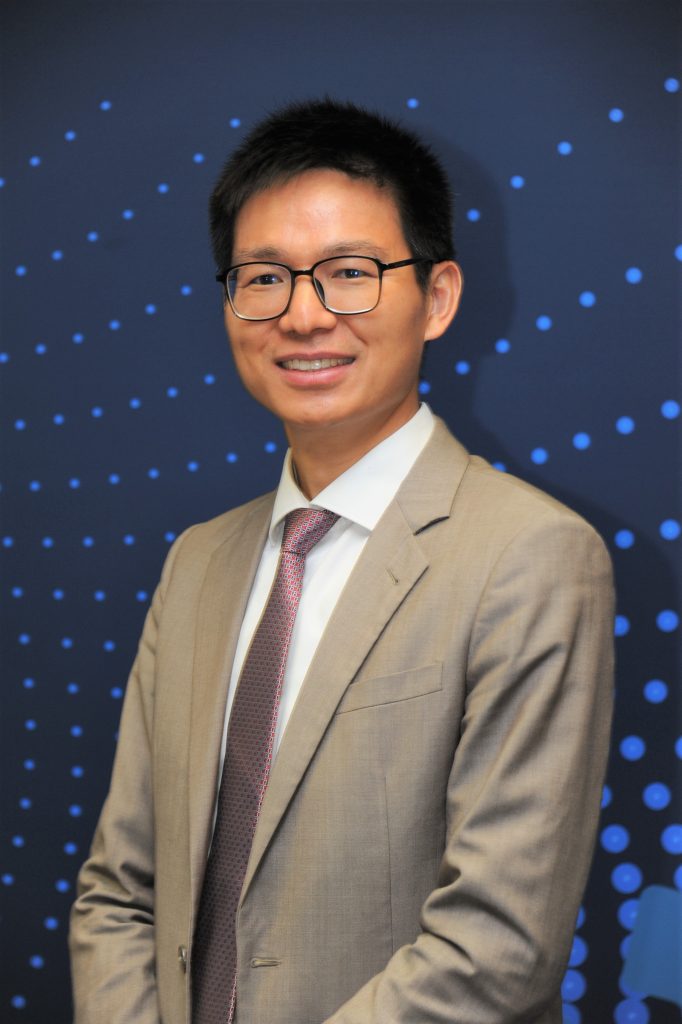Huawei has launched a whitepaper cautioning that South Africa needs to urgently address its ICT skills gap and that failing to do so will potentially have a massive negative impact on the country’s economy. The launch event, which took place at Huawei’s Johannesburg campus yesterday, also saw the company launch its 2022-2023 ICT competition, which aims to help foster local and global ICT talent.
According to the Whitepaper, which was compiled in partnership with EY, there are currently around 20 000 ICT companies in South Africa. Cumulatively, they contribute eight percent to the country’s GDP. The sector has also achieved consistent growth despite the economic challenges South Africa has faced in recent years and is set to maintain a growth trajectory through to 2025. However, unless the country closes its ICT skills gap, that growth is in danger of being derailed.
“The ICT sector has shown significant resilience as one of the best performing sectors in South Africa, and globally. While this was largely driven by the pandemic and a need to move business, education, and other areas of life online, ICT has become an indelible part of every industry in the country, from agriculture to mining and financial services,” says Angelika Goliger, Chief Economist and Sub-Saharan Africa representative for EY’s Geostrategic Business Group. “But, the lack of ICT skills in South Africa has put a ceiling on the ICT sector and its potential to drive economic growth.”
The whitepaper notes that while there has been positive growth in technological accessibility and development, ICT skills have become a major barrier to technological adoption. It further notes that the already wide ICT skills gap has only been broadened by the loss of key ICT talent to emigration.
In order to foster and retain ICT talent, the whitepaper says, government, technology companies, and the education sector need to collaborate across the full breadth of the ICT ecosystem.
“The gaps and demands of ICT talent supply have been recognised by all stakeholders but now we need to take action,” says Kian Chen, Deputy CEO for Huawei South Africa. “I would like to use this opportunity to call for closer collaboration between government, academia, and the ICT industry to explore the possibility of more ICT talent development programmes so that more young people gain exposure to technology and are empowered to innovate using new technologies and platforms.”
For its part, government acknowledged that more needs to be done when it comes to nurturing ICT talent and commitment to driving greater cooperation between itself, academia, Huawei and other stakeholders in ICT talent development.
“We must be deliberate in addressing the challenges of digital transformation and our efforts should be aimed at using the available knowledge and digital infrastructure to ensure that we mitigate, rather than exacerbate, existing digital inequities, ” says Buti Manamela, Deputy Minister of Higher Education, Science and Innovation. “But, the reality is that government cannot do it on its own. We need increased partnerships and collaboration with the private sector, not only in terms of resources, but also policy interventions that will go a long way in helping to address youth unemployment and contribute to the development of scarce and future skills.”
The deputy minister commended Huawei for its various ground breaking joint skills development initiatives with government and various education institutes to support youth exposure to the ICT industry and equip them with the latest ICT knowledge and skills.
In addition to the whitepaper, Huawei’s launched its 2022-2023 ICT Competition for South Africa. The Global competition is one of the largest ICT events in the world, attracting tens of thousands of entrants from around the globe. It is aimed at driving the development of ICT talent for industry growth and digital transformation and is a crucial element of Huawei’s talent ecosystem, which seeks to address the skills shortage in the sector.
“Through Huawei’s ICT Competition, we aim to enhance the knowledge and practical skills of ICT students and create a workforce that meets both current and future needs. As of now, qualifying Huawei ICT Academy graduates can begin their application process. We will also work with our university and college partners to encourage student participation because we believe that South African students can compete on the global finals stage,” concludes Chen.
To read the full ICT Talent Whitepaper, click here: https://e.huawei.com/en/material/service/46d3383a2eef4bcfad269b38b26099f4
ICT Competition application, click here:





